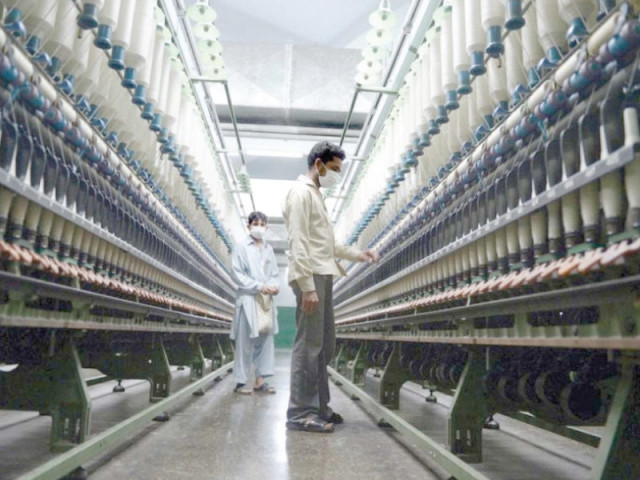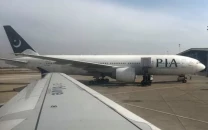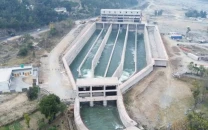Over 50% industrial units shut down
Industrialists demand immediate govt action to avert impending disaster

Eminent business leaders have expressed grave concern about the closure of over 50% factories in every industrial zone of the country and cautioned that if the government did not take measures on a war-footing, it may turn out to be a disaster for the economy.
They have pleaded for the immediate abolition of the two-tier system of taxes-cum-levies as it takes a heavy toll on the formal industrial sector and forces industrialists to halt operations.
“Some industrialists show more production in Azad Jammu and Kashmir and the erstwhile Federally Administered Tribal Areas and Provincially Administered Tribal Areas because of the widespread misuse of tax exemptions, though they manufacture their products in other areas of the country. Such loopholes must be closed,” an industrialist from Faisalabad said on condition of anonymity.
He called on the government to formulate long-term and consistent policies for the private sector.
Business leader and Karachi Chamber of Commerce and Industry’s former president Majyd Aziz said, “Every other day, advertisements are published in newspapers by various trade associations such as the All Pakistan Textile Mills Association (Aptma), vanaspati, large steel, poultry and garment associations to protest government’s policies and invite its immediate attention while announcing that 50-60% of industrial concerns have closed down.”
Ignoring all this, political leaders, the Special Investment Facilitation Council (SIFC), the Board of Investment (BOI) and others are going around the world, soliciting foreign investment and highlighting the advantages of investing in Pakistan.
“Why would foreign investors come to Pakistan after reading such advertisements,” he asked.
“When domestic investors are between a rock and a hard place, wouldn’t foreign investors seek a more comfortable and profitable investment environment,” he again posed a question.
Aziz revealed that more than 40% weaving units in the SITE Association of Industry (SAI) in Karachi were not operating. “I would not term them sick units. Instead, electricity rates are exorbitant and it is near impossible to run them even at breakeven point.”
He pointed out that there were many sick units which could not compete with foreign products coming into the country through smuggling, under-invoicing and mis-declaration. Furthermore, the purchasing power of consumers has decreased considerably due to high inflation and other factors.
Naturally, when factories close down or reduce shifts, employee retrenchment and layoffs follow. Unemployment or fewer jobs can frustrate anybody. This gives rise to unhealthy practices such as resorting to crimes.
Street crimes in all major cities have already surged while law enforcers have failed to stem the tide. It is incumbent upon the political dispensation as well as the army to tackle law and order as an immediate and top priority.
It is high time for people in power corridors to ensure that citizens are able to enjoy a quality life otherwise the future looks bleak and disturbing.
Hyderabad Chamber of Small Traders and Small Industry President Muhammad Farooq Shaikhani said many industries were shutting down, with over 50% of the industrial units affected in some sectors.
Primary reasons for those closures included a severe energy crisis, escalating operational costs and high interest rates, he said. Additionally, inconsistency in banking policies and political instability contribute significantly to the challenging business environment.
He said entrepreneurs were facing substantial hurdles when they tried to establish industries, adding that one-window operation could remove bureaucratic hurdles and close other doors of corruption while streamlining the process.
Shaikhani contended that the independent power producers (IPPs) had entered into inefficient and poorly structured contracts, which were detrimental to the economy. These contracts have led to the ballooning of circular debt and have significantly raised the production cost.
“The lack of continuity of policies exacerbates the problem, making it challenging to attract and persuade foreign investors to continue their business in Pakistan,” he said.
Published in The Express Tribune, June 7th, 2024.
Like Business on Facebook, follow @TribuneBiz on Twitter to stay informed and join in the conversation.


















COMMENTS
Comments are moderated and generally will be posted if they are on-topic and not abusive.
For more information, please see our Comments FAQ